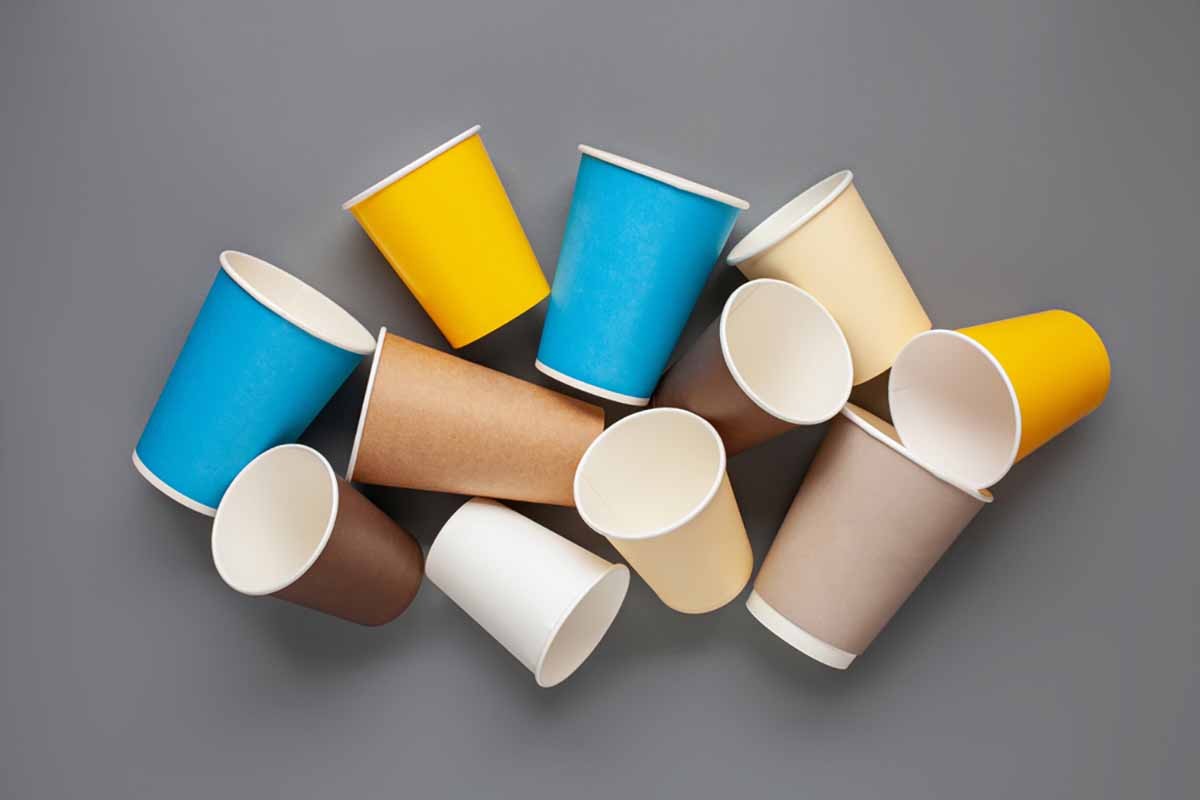
Closed Loop Partners suggested that more MRFs explore collecting paper cups. | NatalyaBond/Shutterstock
A report from Closed Loop Partners found that only about 11% of U.S. communities accept paper cups in their recycling operations, despite paper mills’ more widespread acceptance of cups in bales.
“Closing the Loop on Cups: Collective Action to Advance the Recovery of Paper Cups in the U.S.,” from Closed Loop Partners’ NextGen Consortium, suggested strengthening existing materials recovery and recycling infrastructure systems to capture more cups.
“These cups contain high-quality fiber that is valuable to paper mills as other paper sources like newsprint and office paper decline,” a press release noted.
Paper cups typically consist of 95% paper, plus a thin plastic barrier that is usually PE, the report noted.
The report added that more than 30 paper mills in North America accept paper cups in mixed paper bales, which represents 75% of U.S. mixed paper demand, and an additional five mills accept cups in carton bales.
There are 15 more mills across North America that are interested in accepting cups or that could process cups, the report added.
“This new interest is a tremendous endorsement for the work that is taking place and can catalyze cup acceptance at MRFs and in new communities in the months and years ahead,” the press release noted.
To move forward, the report suggested that more mills should test whether they could accept cups and more should conduct material flow studies to see where cup sortation systems should be placed. MRFs should then work with mills and communities to put the cups on acceptable recycling lists, the report added.
Working from the other direction, communities could also reach out to their MRFs and mills to start the discussion, the press release added.
And brands can make more commitments to source recycled paper content for cups and other packaging, to help drive the market.
“The learnings from this report aim to guide the industry towards a future in which reusing valuable materials in products becomes the commonsense norm, shaping a more circular economy,” the press release said.

